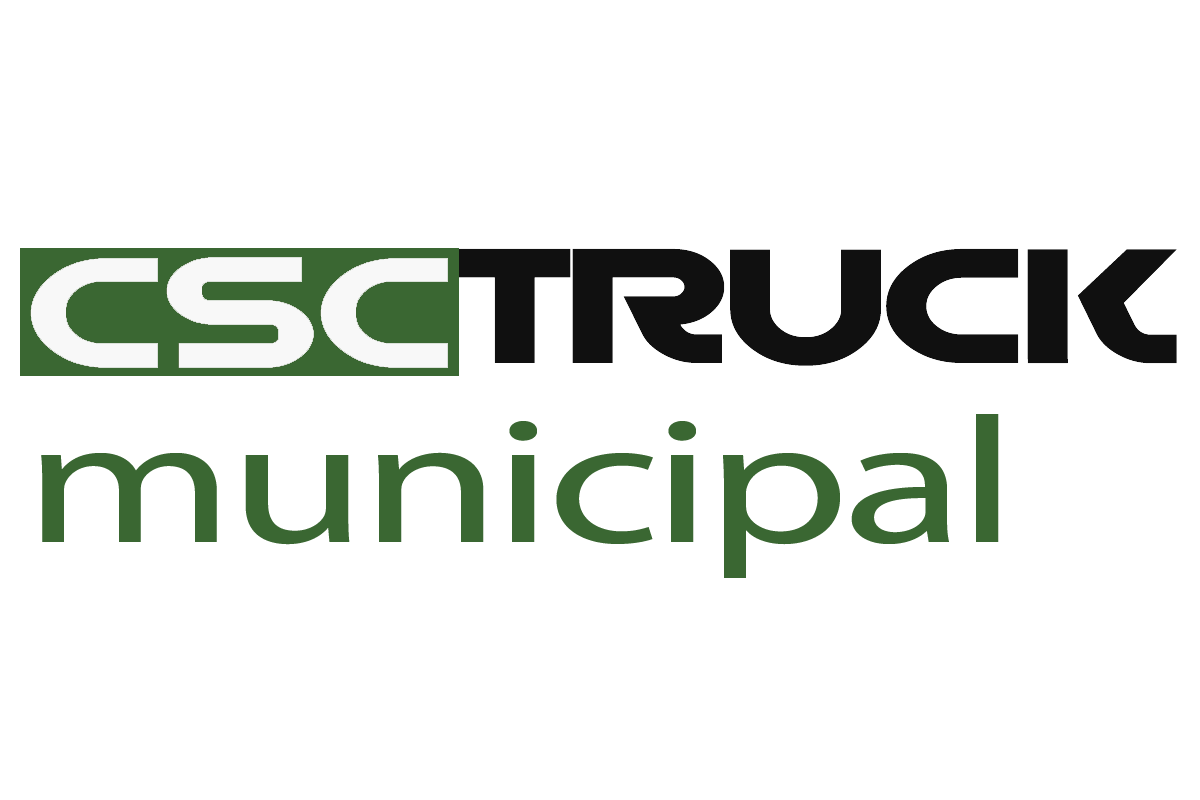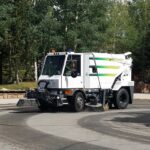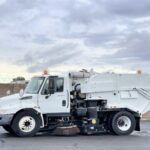Keeping our streets and public spaces clean is a crucial aspect of maintaining a healthy and attractive urban environment. Fence sweeper trucks play a vital role in this process, as they efficiently remove debris, litter, and dirt from our roads. These specialized vehicles, equipped with high-power brushes and vacuum systems, work tirelessly to ensure our communities remain spotless. However, like any mechanical equipment, fence sweeper trucks are not immune to problems and breakdowns. In this article, we will explore some of the common issues that these trucks encounter and provide solutions to keep them running smoothly.
1. Clogged Sweeper Brushes
One of the most frequent problems faced by fence sweeper trucks is clogged sweeper brushes. These brushes, designed to sweep debris off the road surface, can become jammed with larger items, such as sticks, rocks, or trash bags. When this happens, the truck’s sweeping efficiency decreases significantly.
Solution:
Regular maintenance is the key to avoiding clogged sweeper brushes. Operators should inspect and clean the brushes daily, removing any debris that might have accumulated. Additionally, it’s essential to educate operators on proper techniques to prevent large objects from getting stuck in the brushes.
2. Hydraulic System Issues
Fence sweeper trucks rely on a complex hydraulic system to operate their various components, such as the brushes and the hopper. Hydraulic leaks, malfunctions, or inadequate pressure can lead to reduced performance or even total breakdown.
Solution:
Routine maintenance of the hydraulic system is essential to prevent issues. This includes checking for leaks, changing hydraulic fluids as recommended by the manufacturer, and ensuring proper pressure levels. Regular servicing by trained technicians can help identify and address potential problems before they become major.
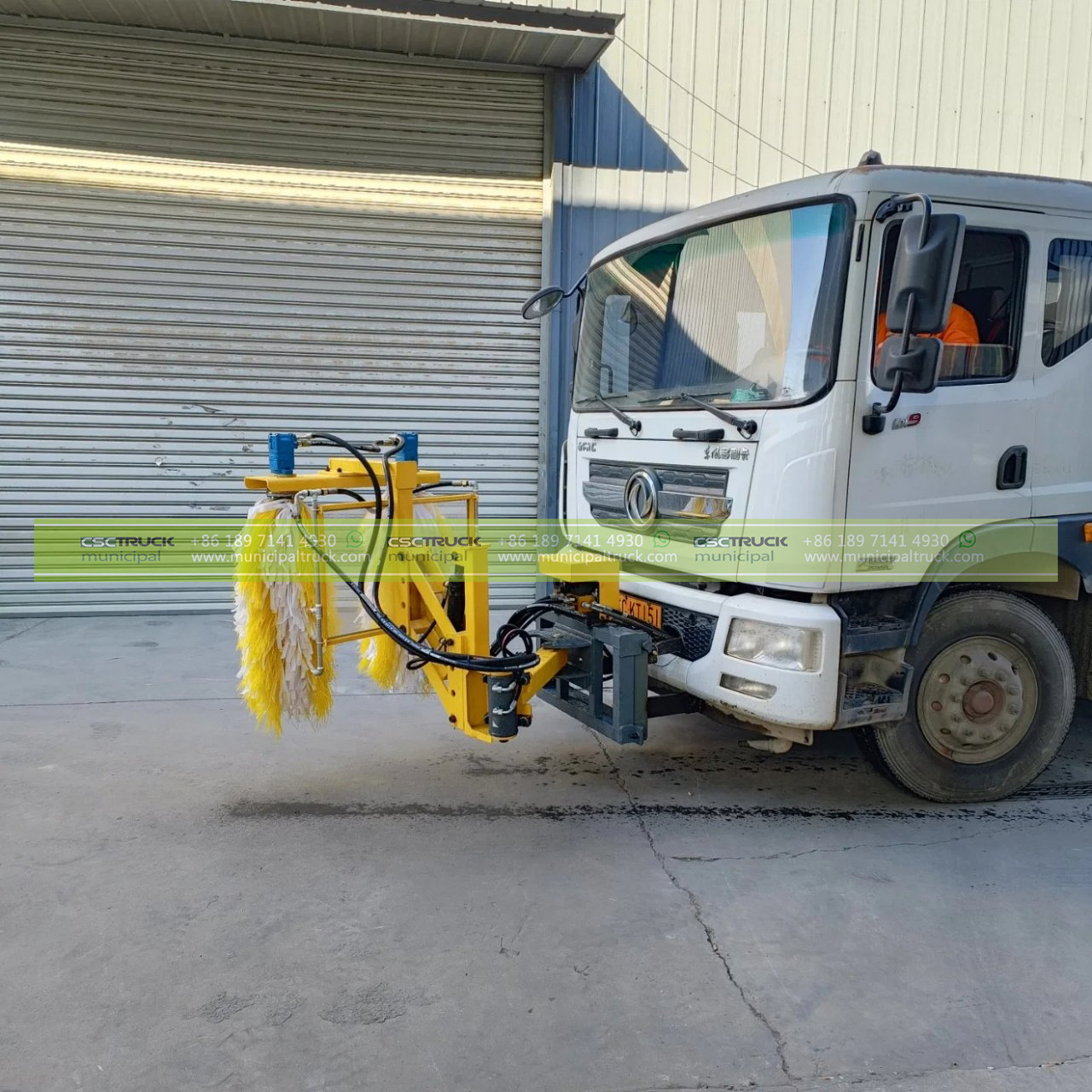
3. Engine Problems
The engine is the heart of any vehicle, and fence sweeper trucks are no exception. Engine problems can arise due to a variety of issues, from fuel system malfunctions to overheating.
Solution:
Regular engine maintenance, including oil changes, air filter replacement, and inspection of the fuel system, can help prevent many engine-related issues. Proper cooling system maintenance is also crucial to avoid overheating problems. Ensuring the engine is not overworked by following manufacturer recommendations and load capacity limits is another key aspect of engine care.
4. Electrical System Malfunctions
Fence sweeper trucks are equipped with a range of electrical components, such as sensors, switches, and control panels. Electrical problems, including short circuits, faulty sensors, or malfunctioning control systems, can disrupt the functionality of the truck.
Solution:
Regular inspection and testing of the electrical system are essential. This should include checking wires, connectors, and fuses. Employing skilled technicians who are well-versed in the truck’s electrical systems can help identify and resolve issues promptly.
5. Hopper Capacity and Disposal Problems
The hopper of a fence sweeper truck is where collected debris and trash are stored. If the hopper becomes too full, it can lead to inefficient operation or even spillage.
Solution:
Operators should be trained to monitor the hopper capacity and empty it as needed. Proper disposal procedures, including dumping debris in designated locations, must be followed to avoid environmental and legal issues.
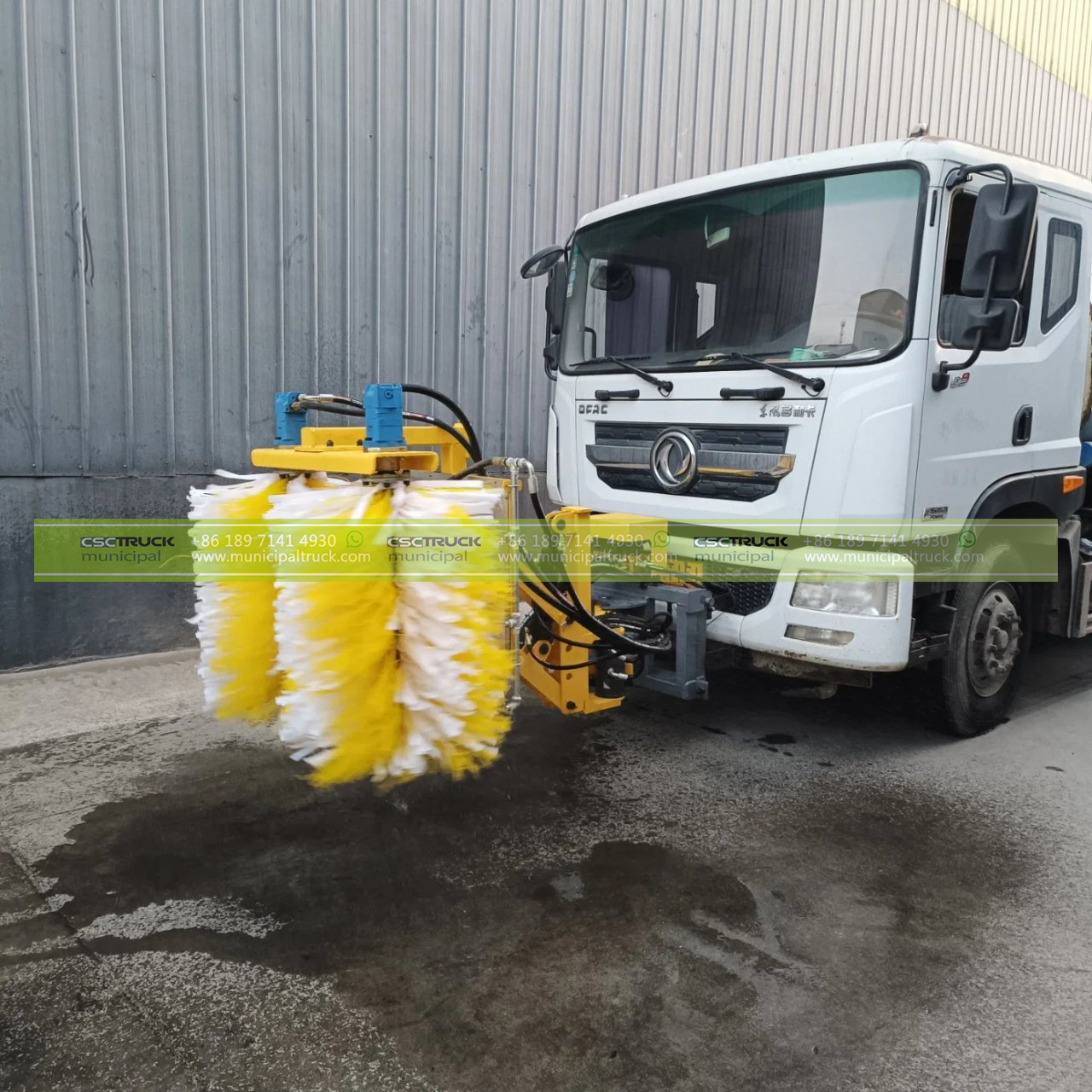
6. Tire Wear and Damage
The tires of a fence sweeper truck are exposed to constant wear and tear as they make contact with the road surface. Over time, this can lead to tire damage and reduced performance.
Solution:
Regular tire inspection and rotation are necessary to extend tire life and maintain optimal performance. Operators should also be cautious when driving to avoid excessive tire wear. Replacing tires as needed is crucial for safety and efficiency.
7. Vacuum System Failures
The vacuum system in a fence sweeper truck is responsible for sucking up debris and dirt from the road. Clogs or malfunctions in the vacuum system can severely hinder the truck’s effectiveness.
Solution:
Routine maintenance is essential for the vacuum system, including checking for clogs and ensuring that filters are clean and functioning correctly. Technicians should be trained to diagnose and repair vacuum system issues promptly.
8. Lack of Operator Training
Perhaps one of the most significant problems with fence sweeper trucks is operator error or lack of training. Inadequate training can lead to improper use, maintenance neglect, and increased wear and tear on the vehicle.
Solution:
Training programs for operators should be thorough and ongoing. Operators must be educated on the correct usage and maintenance of the truck, safety procedures, and the importance of timely reporting of issues. Regular refresher courses can help keep operators up to date with best practices.
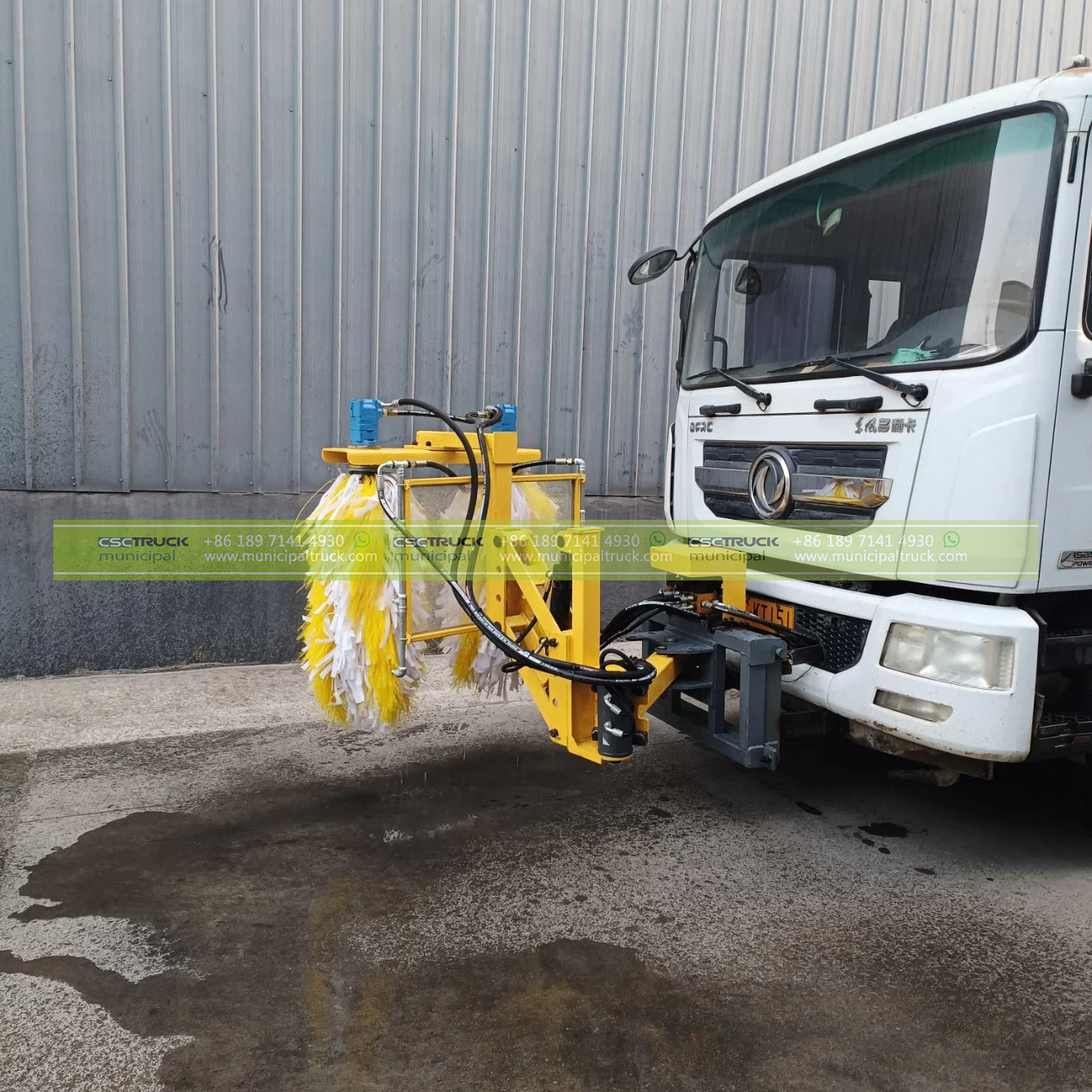
9. Budget Constraints and Resource Allocation
Many municipalities and organizations face budget constraints that affect the maintenance and replacement of fence sweeper trucks. Limited funding can lead to postponed maintenance or the use of older, less reliable equipment.
Solution:
While budget constraints can be challenging to overcome, proper asset management and prioritization can help allocate resources more effectively. Planning for regular maintenance and budgeting for equipment replacement as it reaches the end of its service life can mitigate many of these problems in the long term.
10. Environmental and Regulatory Compliance
Fence sweeper trucks need to adhere to environmental regulations, particularly when disposing of collected debris and wastewater from the cleaning process. Failure to comply with these regulations can result in fines and legal issues.
Solution:
Operators should be aware of local environmental regulations and ensure proper disposal of waste materials. Keeping up to date with these regulations and providing training for operators on compliance is crucial for avoiding legal problems.
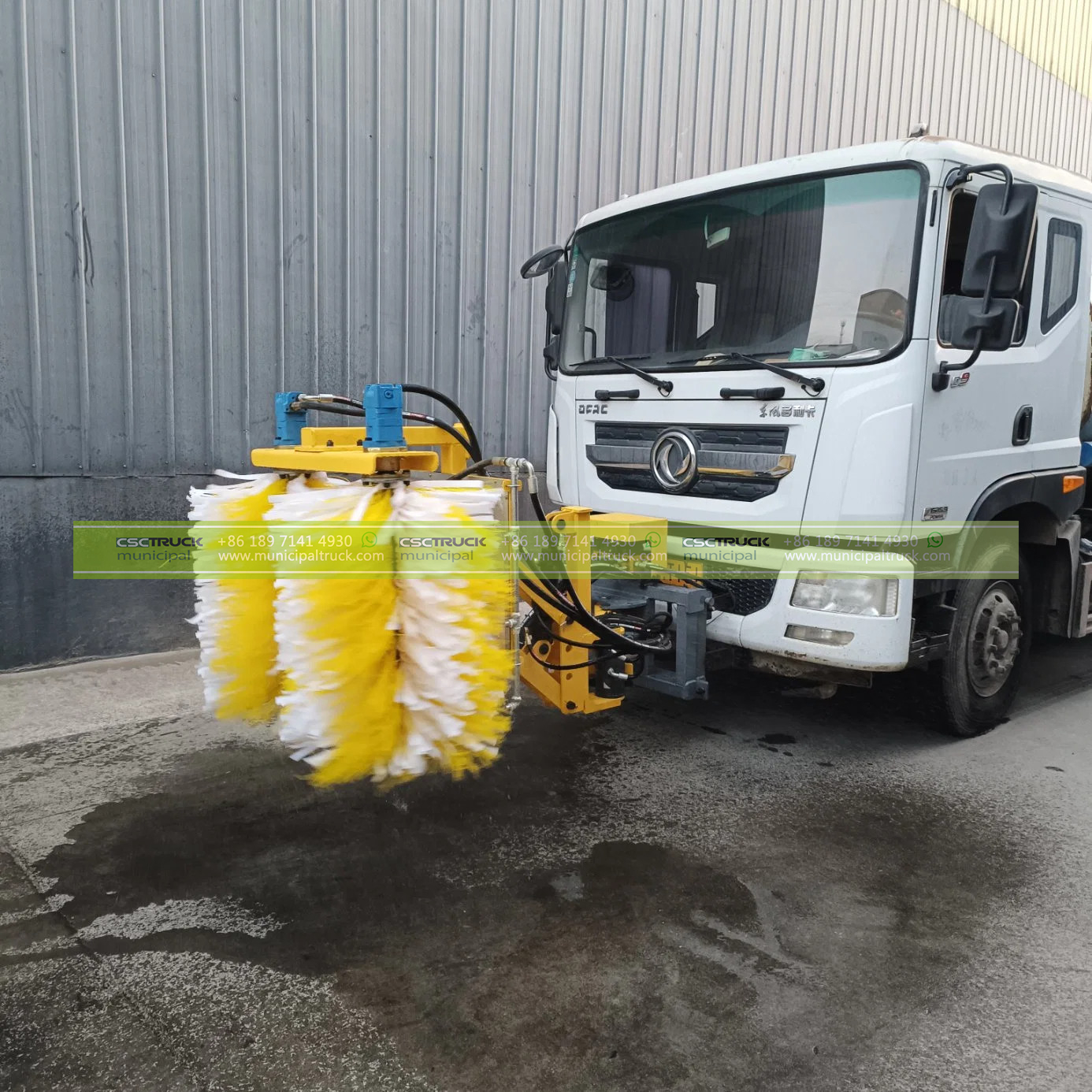
In conclusion, fence sweeper trucks play a vital role in maintaining clean and attractive urban environments. However, they are not immune to problems, which can range from mechanical issues to operator errors. Regular maintenance, proper training, and adherence to regulations are key factors in preventing and addressing these problems. By investing in the care and upkeep of fence sweeper trucks, communities can ensure that their streets and public spaces remain clean and inviting for all residents and visitors.
Contact us for this municipal truck or similar trucks: [email protected] Call us or What's APP us: +86 189 4292 3930
